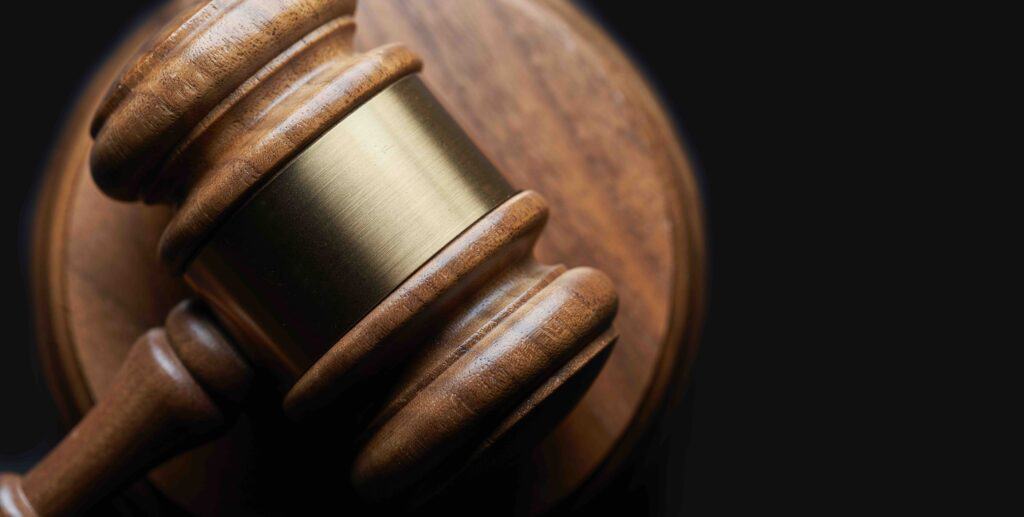Cases
John Doe v. PCAOB
CASE SUMMARY
Anonymous NCLA client John Doe seeks to halt PCAOB’s secret, unaccountable, and inherently biased prosecutorial processes. PCAOB has investigated and brought a secret prosecution aiming to brand him a wrongdoer, strip away his livelihood and impose severe financial penalties against him—without a jury trial, due process of law, an impartial adjudicator, or constitutional accountability.
PCAOB’s investigative, prosecutorial, and pseudo-judicial powers are largely unchecked. After intrusive investigation, PCAOB can impose severe punishments on accountants and accounting firms in its regulatory ambit.
PCAOB’s core investigative, prosecutorial, and pseudo-judicial activity is performed and superintended by private citizens, none of whom is constitutionally appointed as an officer of the United States or subject to real-time direction and supervision by any presidentially appointed and Senate-confirmed government officer. PCAOB hearing officers are inferior constitutional officers not lawfully appointed under the Constitution’s Appointments Clause and are unconstitutionally protected by layers of protection from removal by the President.
PCAOB’s prosecution is funded by money raised and spent in violation of the Constitution’s Appropriations, Taxing, and Spending Clauses. Its disciplinary proceedings deprive John Doe of his right to a jury trial. PCAOB’s disciplinary process—which misappropriates Article III judicial power—violates the Sarbanes-Oxley Act of 2002.
OUR TEAM
RELEVANT MATERIALS
NCLA FILINGS
PRESS RELEASES
New NCLA Lawsuit Exposes Public Company Accounting Oversight Board’s Star Chamber Proceedings
March 5, 2024 | Read More

